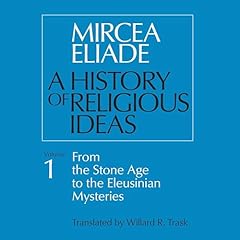
Popular Works, Volume 1
The Vocation of the Scholar, The Nature of the Scholar and The Vocation of Man
No se pudo agregar al carrito
Add to Cart failed.
Error al Agregar a Lista de Deseos.
Error al eliminar de la lista de deseos.
Error al añadir a tu biblioteca
Error al seguir el podcast
Error al dejar de seguir el podcast
 Exclusivo para miembros Prime: ¿Nuevo en Audible? Obtén 2 audiolibros gratis con tu prueba.
Exclusivo para miembros Prime: ¿Nuevo en Audible? Obtén 2 audiolibros gratis con tu prueba.Compra ahora por $21.00
-
Narrado por:
-
Jonathan Booth
Johann Gottlieb Fichte (1762-1814) was the forerunner of the post-Kantian idealists and remains one of the most important figures in German philosophy. Throughout his career, Fichte published, in addition to his systematic or "scientific" treatises, the best known of which is the "Foundation of the Entire Wissenchaftslehre (1794-5), a series of works directed at the general public. The purpose of these "popular" writings was to indicate, in a non-technical manner, some of the characteristic features of the new transcendental philosophy and to explicate some of its more significant implications. William Smith translated most of these "popular writings" in the 19th century and published them individually and in the various editions of "The Popular Works of Johann Gottlieb Fichte". Each edition included corrections and improvements in the translation.
Public Domain (P)2024 W. F. Howes LtdLos oyentes también disfrutaron:




















Las personas que vieron esto también vieron:







